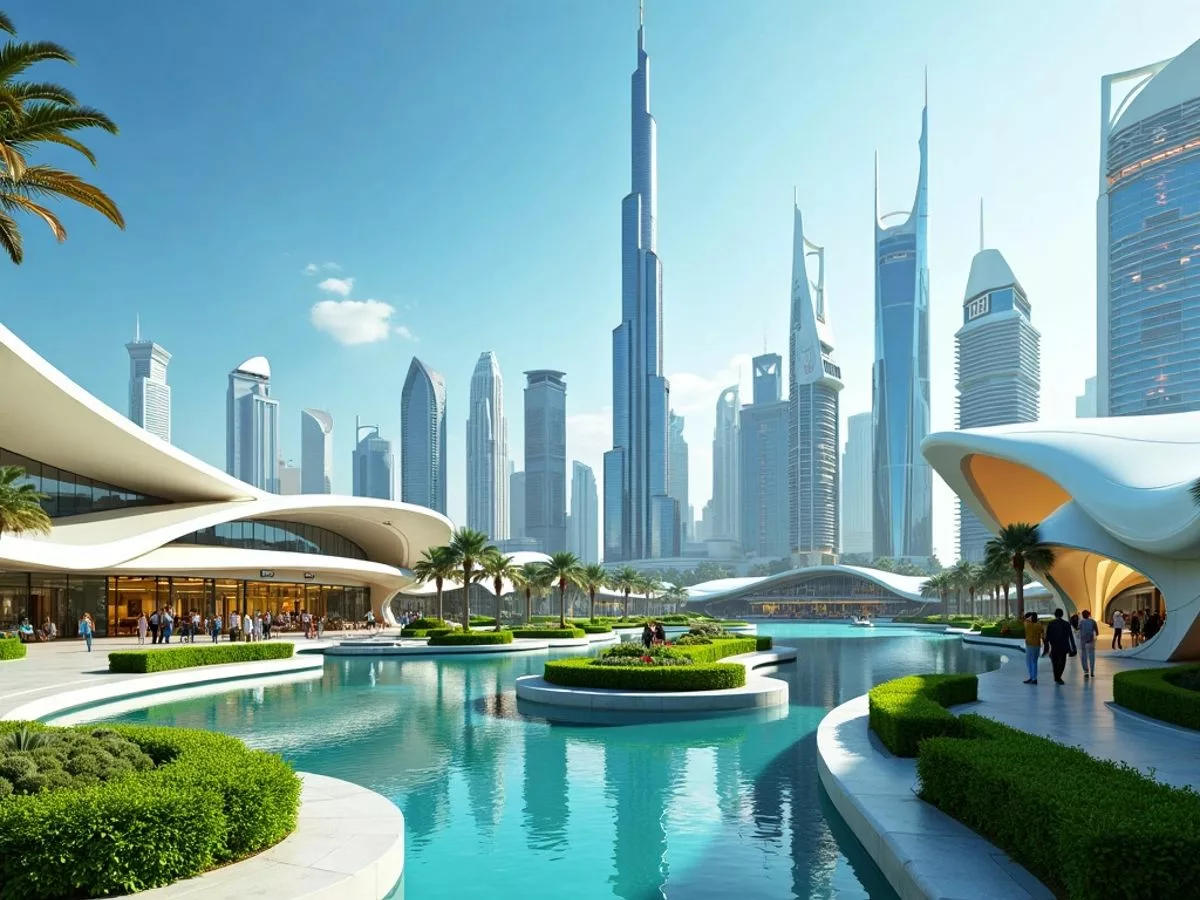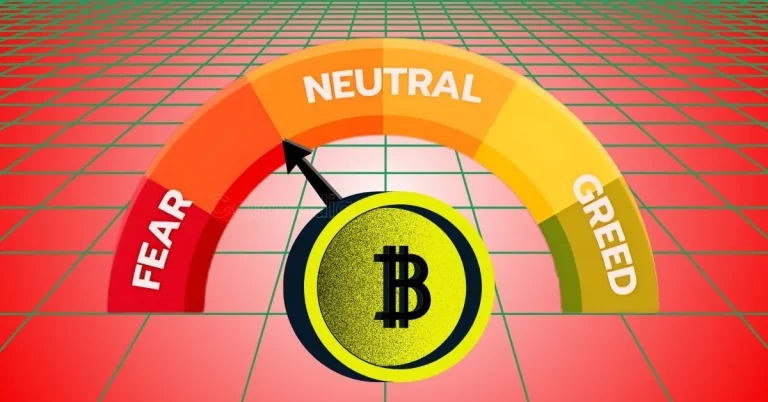
The World Free Zones Organisation has announced the launch of the "Free Zone of the Future" project in 2025, aiming to establish a hub for innovation and entrepreneurship in the UAE. This initiative will redefine free zones as premier business centers, focusing on sectors such as renewable energy, healthcare, tourism, agro-industries, and manufacturing.
Key Takeaways
- Launch of the Free Zone of the Future set for 2025.
- Focus on innovation and entrepreneurship across multiple sectors.
- Introduction of initiatives like a zones academy and policy dialogue for collaboration.
- Integration of free zones into the national economic framework.
Vision for the Future
Mohammed Al Zarooni, chairman of the World Free Zones Organisation, emphasized the importance of this project during a speech at the 10th World Congress. He stated that the Free Zone of the Future will serve as a catalyst for fostering entrepreneurship and innovation, thereby enhancing the UAE’s position in the global economy.
Key Initiatives
To support this transformation, several initiatives will be launched:
- Zones Academy: A professional training hub to equip individuals with necessary skills.
- Policy Dialogue: A platform for stakeholders to collaborate and share insights.
- Zones Library: A repository of best practices to guide businesses.
- National Integration Project: Aiming to incorporate free zones into the broader economic framework of the UAE.
Economic Context
Al Zarooni acknowledged the challenges posed by high inflation and unemployment in the global economy. However, he also highlighted that these challenges present unique opportunities for growth and innovation. The focus will be on building trust and providing the necessary support for businesses to thrive in this evolving landscape.
Role of Free Zones in the UAE Economy
Abdulla bin Touq Al Marri, the UAE’s Minister of Economy, reinforced the significance of free zones in the national economic framework. He noted that the UAE currently has 44 free zones, each designed to facilitate seamless business operations within a robust regulatory environment. These zones offer:
- Efficient infrastructure
- Diverse services across various sectors, including technology, healthcare, logistics, and finance
The free zones are instrumental in attracting both international and domestic investments, thereby supporting economic diversification and job creation.
Conclusion
The launch of the Free Zone of the Future in 2025 marks a significant step towards enhancing the UAE’s economic landscape. By focusing on innovation and collaboration, the initiative aims to create a thriving environment for businesses and entrepreneurs, ultimately contributing to a more prosperous future for the nation.






